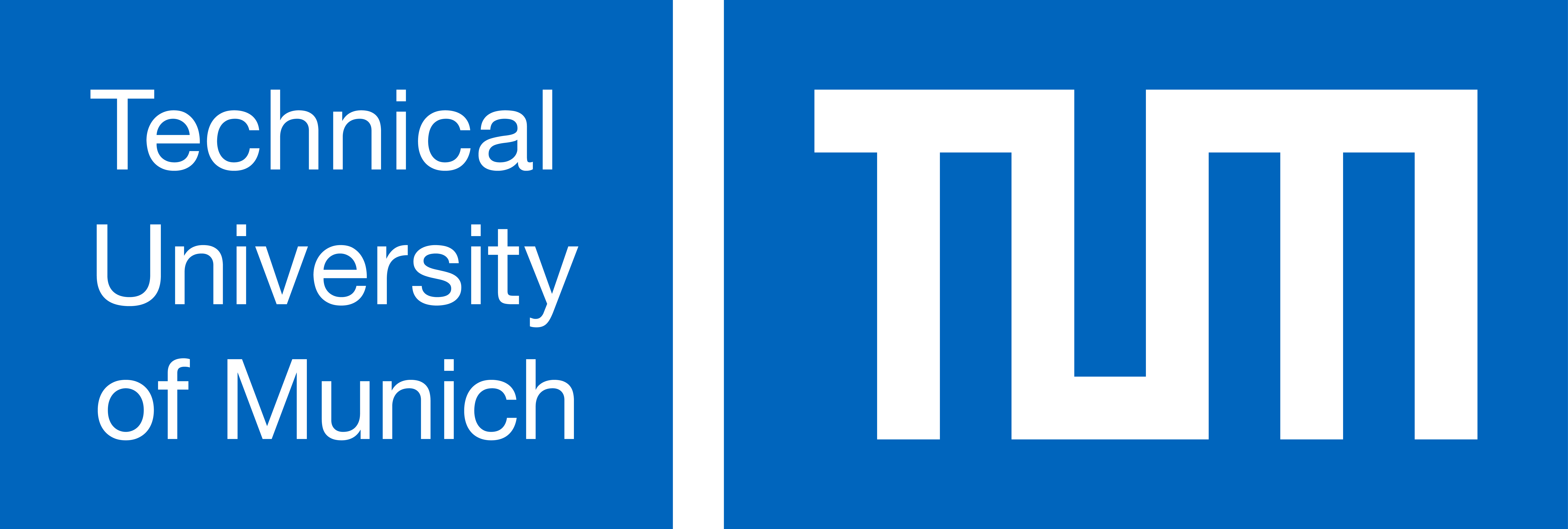About this course
Intro: What is a protein? What is protein function? Overview over prediction of protein function. Predicting protein function using sequence: sequence alignments, multiple sequence alignments, motifs, domain assignment, annotation transfer by homology, de novo predictions. Predicting protein function using structure: structural alignments, structural motifs, annotation transfer via structure similarity. From structure prediction to function prediction: comparative modeling; prediction of: subcellular localization, protein-protein interactions, protein-DNA and –RNA interactions, protein-substrate interactions, protein networks, GeneOntology (GO), Enzyme Classification, prediction of enzymatic activity, prediction of functional classes (e.g. GO classes). Prediction of the effect of single point mutations (sequence variants) on protein function and the organism. Prediction of phenotype from genotype. As for the first part (Protein Prediction I), the lectures include an introduction into machine learning with particular focus on how to avoid over-estimating performance. As opposed to the first part (Protein Prediction I), protein structure has only played a minor role: it has been introduced if it has been helpful to further our understanding of function.
Learning outcomes
Students have learned the basic principles of protein sequence analysis with focus on protein function and protein function prediction. They have been confronted with the biological and computer science background of the methods toward these objectives in computational biology. As opposed to the first part (Protein Prediction I for Computer Scientists), protein structure has only played a minor role: it has been introduced only if it has been helpful to further our understanding of function. Students have acquired the theoretical background consisting of the presented knowledge to develop and implement simple independent solutions towards the presented problems.
Examination
The module is graded by a written exam. The exam will take 80 - 120 minutes.
In the exam the participants demonstrate their ability to devise and discuss an appropriate computational approach for a solution for a biological problem in the area of function prediction. For example they choose the appropriate methods depending on the type of data they have (sequence data, annotation data, a.s.f.) as well as they can choose the appropriate data abstraction level (GO level, EC classes, a.s.f.) depending to the respective biological question.
They demonstrate their understanding of the concepts in the choice of appropriate solution approaches to the given tasks and they can evaluate these in terms of a discussion of the various pro's and con's of alternative approaches in biological as well as in technical aspects. They can demonstrate their ability to create a usable tool implementing a solution approach down to the level of pseudo-code.
Details are announced at the beginning of the module.
Course requirements
none
Resources
- Will be announced in the lecture.
Activities
Lectures, Seminars, Exercises, Questions & Answers sessions
Additional information
- More infoCourse page on website of Technical University of Munich
- Contact a coordinator
- About studying within the Euroteq alliancehttps://euroteq.eurotech-universities.eu/initiatives/building-a-european-campus/course-catalogue/
- LevelMaster
- Contact hours per week6
- InstructorsBurkhard Rost
